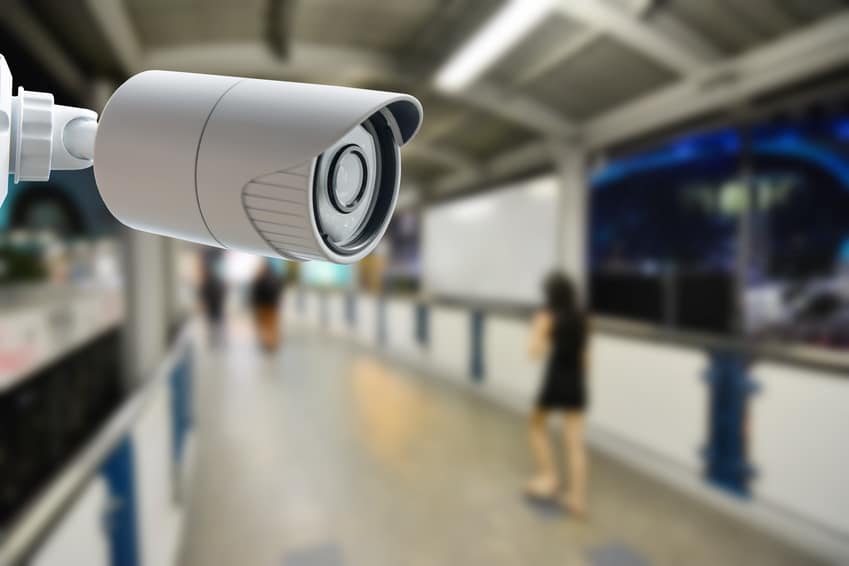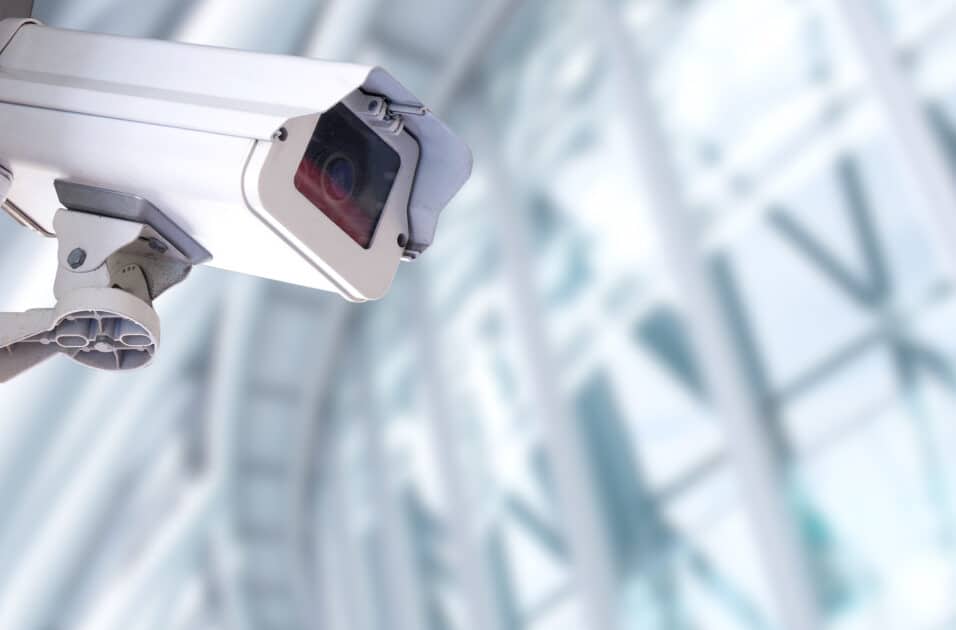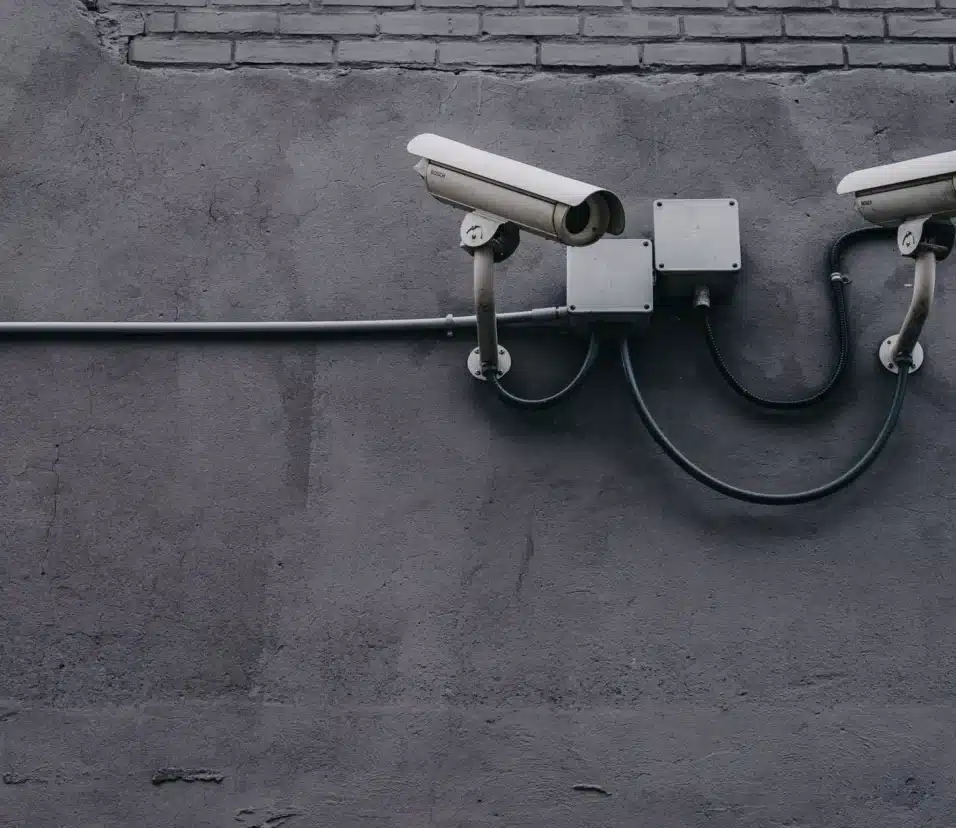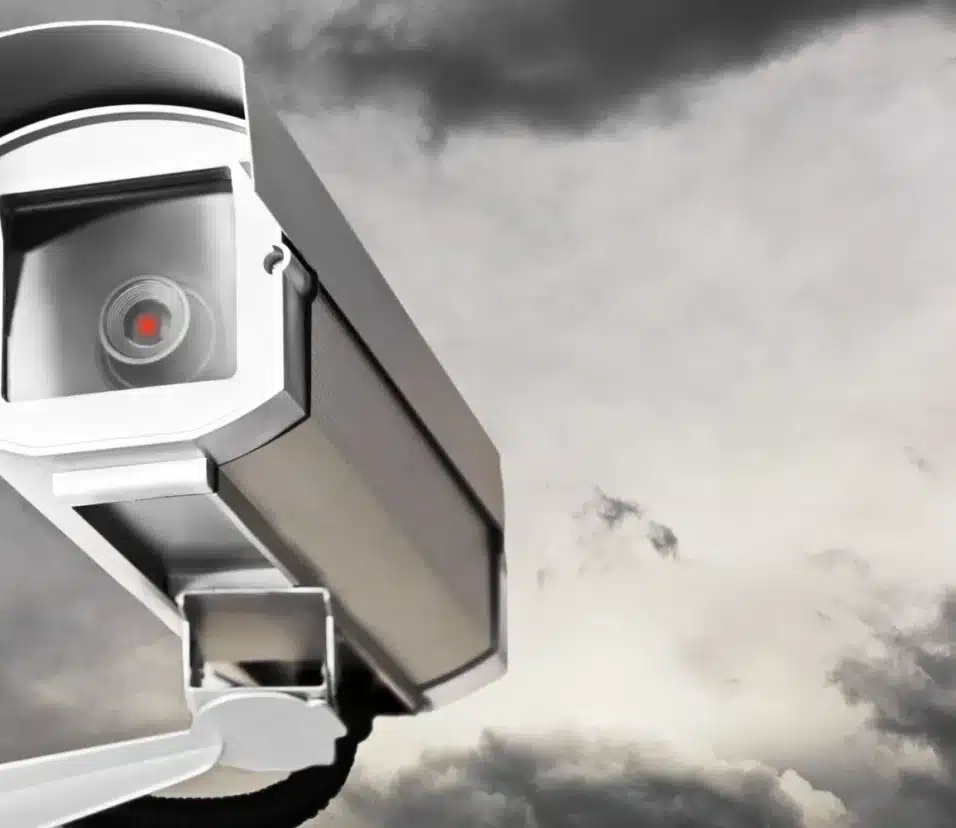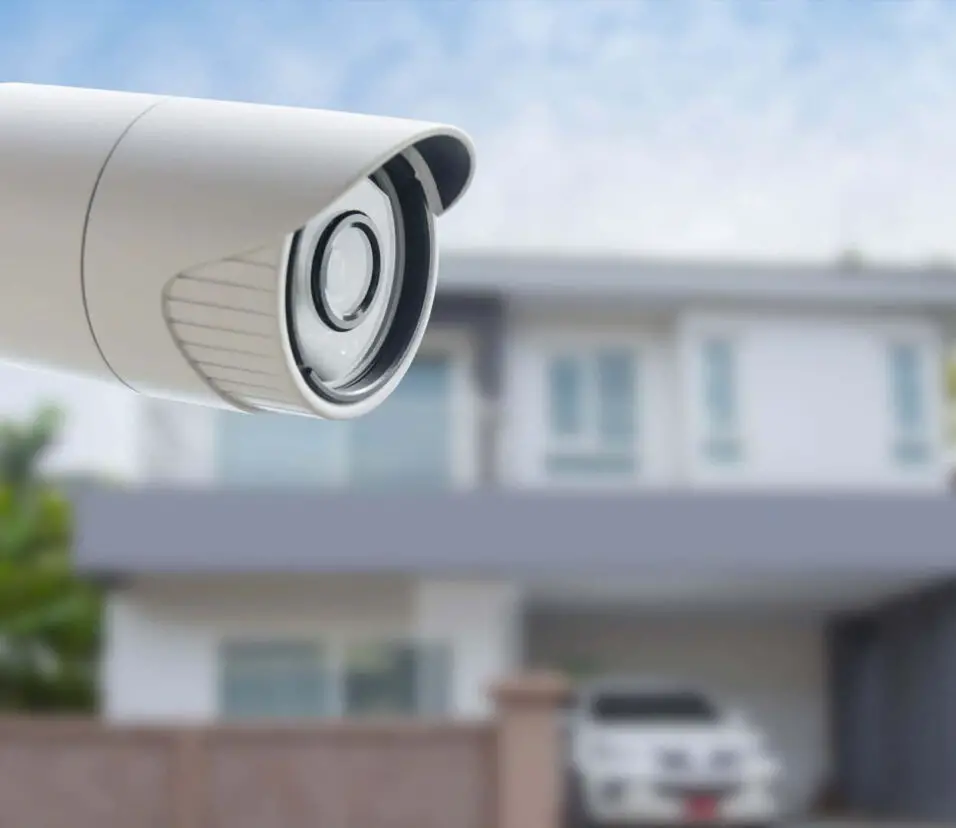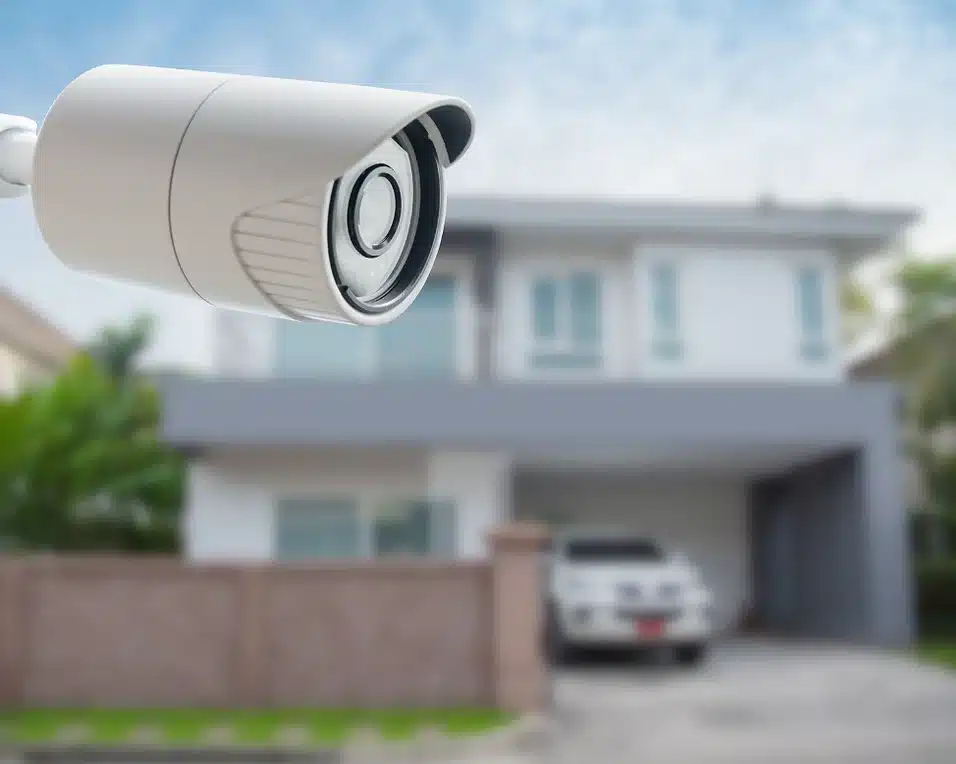Can Jammer Block CCTV
Introduction
A jammer is a device that emits radio frequency signals to interfere with wireless communication. In the case of CCTV systems, many modern systems use wireless technologies for transmitting video feeds or control signals. If a jammer emits signals on the same frequency as the wireless communication used by the CCTV system, it can disrupt the signals and effectively disable the system, causing the cameras to lose connection or stop functioning.
However, using a jammer to interfere with CCTV camera systems is typically illegal in many jurisdictions. Telecommunications rules prohibit jamming wireless signals because it disrupts legal communications and services, including emergency services. CCTV systems monitor and secure, therefore deactivating them could be risky.
Jamming signals can have unintended consequences. Disrupting wireless communications can impact emergency services, prevent people from making emergency calls, and interfere with critical infrastructure. This poses a serious threat to public safety and can lead to dire consequences in situations where quick and reliable communication is necessary.
CCTV systems raise privacy concerns, but they must be addressed legally. If you think a CCTV system violates your privacy, contact local authorities, file complaints, or see a lawyer.
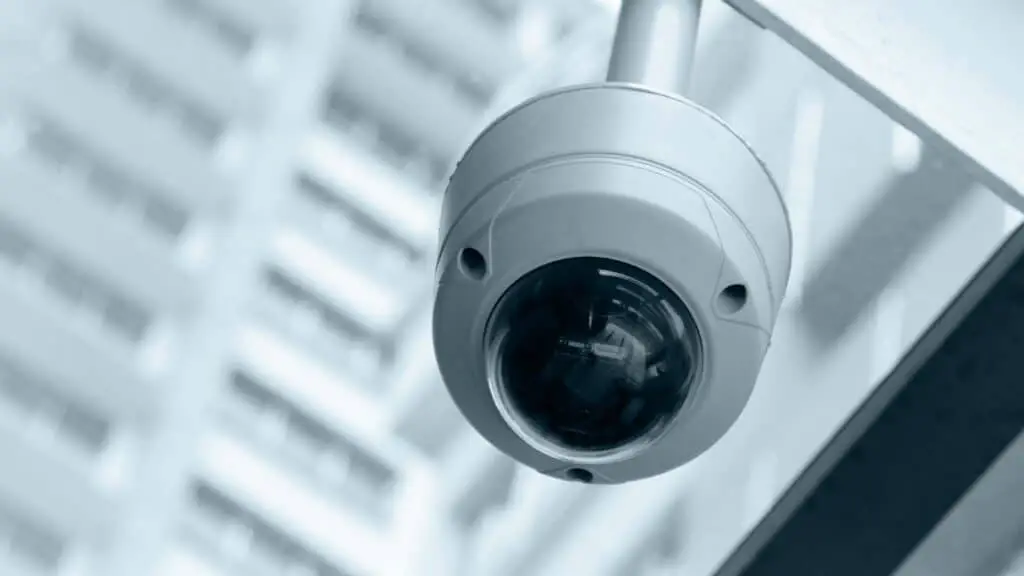
Can jammers jam cameras?
They’re also highly illegal, so jammers are more difficult to find, but a powerful jammer can prevent an entire street from recording on WiFI security cameras with the switch of a button.
Jammers, devices designed to emit radio frequency signals, can interfere with wireless communications by transmitting signals on the same frequencies used by the targeted devices. This includes cameras that operate wirelessly or use wireless technology for data transmission. Modern CCTV systems may use wireless connections for transmitting video feeds, control signals, or remote access. If a jammer emits signals on the same frequency range as the camera’s wireless communication, it can potentially disrupt the camera’s functionality.
A jammer’s efficiency depends on its signal strength, closeness to the camera, and camera susceptibility to interference. Some CCTV systems use encryption and secure protocols to prevent illegal access and disturbance, limiting jamming attempts.
Using jammers to interfere with cameras, whether they are part of public surveillance systems or privately owned, raises significant legal concerns. In many jurisdictions, jamming wireless signals is considered a violation of telecommunications laws. Jamming not only disrupts the targeted devices but can also interfere with emergency services, public safety communications, and legitimate wireless networks. Engaging in such activities can lead to substantial fines, legal penalties, and even criminal charges.
Can WIFI jammer block CCTV?
Signal jamming can be used to prevent surveillance cameras from recording evidence or prevent users from connecting to their own WIFI networks.
As technology continues to evolve, questions arise about the potential for WiFi jammers to disrupt various devices and systems. One such question pertains to whether WiFi jammers can effectively block Closed-Circuit Television (CCTV) systems. This article delves into the technical feasibility, legal ramifications, ethical considerations, and practical alternatives associated with using WiFi jammers to interfere with CCTV systems.
WiFi jammers operate by emitting radio frequency signals on the same frequencies as WiFi networks. CCTV systems, especially wireless ones, can be vulnerable to disruption if their wireless connections operate on the same frequency bands as WiFi signals. If a WiFi jammer emits strong signals on these frequencies, it can potentially interfere with the transmission of video feeds, control signals, or remote access for the CCTV system.
The WiFi jammer’s signal strength, the distance between the jammer and the cameras, and the CCTV system’s wireless security measures determine whether it can disrupt a CCTV system.
Using WiFi jammers to disrupt CCTV systems raises significant legal concerns in most jurisdictions. WiFi jammers not only interfere with the targeted devices but can also disrupt legitimate wireless networks, including WiFi networks used for essential services and emergency communications. Jamming wireless signals is typically illegal due to the potential harm it can cause to public safety and communication services. Engaging in such activities can result in severe penalties, fines, and legal consequences.
How does CCTV jammer work?
The Camera Jammer. The Camera Jammer (also known as a HERF Generator, or Directional EMP) is a hand-held device that emits microwave pulses that disprupt the characteristic signals used in the microcircuitry of serveillance cameras.
CCTV jammers are electronic devices that emit radio frequency signals on the same frequencies used by wireless communication systems within CCTV cameras. These signals overpower the legitimate signals between the cameras and their control units, disrupting the normal communication flow. This disruption can lead to the loss of video feeds, inability to transmit data, and an overall breakdown of the CCTV system’s functionality.
Jammers work by transmitting a continuous wave or a modulated signal on specific frequency bands that correspond to the wireless communication protocol used by the CCTV system. The strength of the jammer’s signal can determine the range within which it can interfere with the targeted CCTV devices. However, the effectiveness of a jammer may be limited if the CCTV system employs advanced encryption or frequency-hopping techniques to secure its communications.
Despite their potential technical capabilities, the use of CCTV jammers raises significant legal and ethical concerns. Many jurisdictions consider the operation of jammers illegal due to the disruption they can cause to legitimate wireless communications. Interfering with wireless signals not only affects the targeted CCTV system but can also disrupt emergency services, public safety networks, and essential wireless infrastructure.
Can you disrupt CCTV cameras?
Physical solutions like covering the camera lens or changing its range of view may work in some cases. Infrared lights and camera signal jammers are more effective but harder to use.
Disrupting CCTV cameras is indeed possible, but the feasibility largely hinges on the specific technology employed by the cameras. Traditional analog cameras that transmit video signals through physical cables may be less susceptible to disruption, as their communication pathways are less vulnerable to external interference. However, modern CCTV cameras often use wireless technologies, such as Wi-Fi or cellular networks, to transmit their feeds and data. These wireless connections can be more vulnerable to disruption through various means, including signal jamming or hacking.
Signal jamming involves emitting radio frequency signals on the same frequencies used by the wireless communication of the CCTV cameras. This interference can cause disruptions in the video feed or even completely disable the camera’s ability to transmit data. Hacking, on the other hand, involves gaining unauthorized access to the camera’s control system, which can lead to manipulation, surveillance footage deletion, or unauthorized control over the camera’s functionalities.
Disrupting CCTV cameras raises significant legal and ethical concerns. Engaging in activities that disrupt surveillance systems, whether through jamming or hacking, can violate laws related to telecommunications, privacy, and unauthorized access. Disrupting legitimate surveillance systems can compromise public safety, infringe on individuals’ privacy, and potentially obstruct law enforcement efforts.
How do I jam my neighbors security camera?
Block Off Security Cameras with Grown Trees, Fences or Curtain. Another good way to blind your neighbor’s security cameras is to plant a grouping of shrubs or grown trees that are tall enough to block off where the camera is aimed. Also, you can close the curtain or shade on the window to block security cameras.
Disrupting CCTV cameras raises significant legal and ethical concerns. Engaging in activities that disrupt surveillance systems, whether through jamming or hacking, can violate laws related to telecommunications, privacy, and unauthorized access. Disrupting legitimate surveillance systems can compromise public safety, infringe on individuals’ privacy, and potentially obstruct law enforcement efforts.
Furthermore, the ethical implications of intentionally interfering with surveillance systems should not be overlooked. CCTV cameras often play a vital role in deterring crime, ensuring public safety, and providing evidence in legal proceedings. Tampering with these systems can undermine these important functions and disrupt the balance between individual rights and societal well-being.
Addressing concerns about surveillance should be approached through legitimate and responsible means. If people are concerned about CCTV cameras’ privacy consequences, they should talk to authorities, property owners, or lawyers. Expressing concerns legally can lead to more effective and ethical solutions that respect legality and ethics.
Is there a device to block cameras?
This WiFi jammer device disables almost all types of existing spy cameras working via wireless video, wireless LAN, and bluetooth bands. It is an excellent choice to maintain privacy in today’s wireless world. The unit blocks signals up to 30 meters and is very easy to operate.
Devices aimed at disrupting cameras, commonly referred to as anti-surveillance devices or camera jammers, theoretically exist. However, their effectiveness and ethical use are complex topics. These devices may use a variety of methods to interfere with camera operations, such as emitting bright lights, infrared signals, or reflective materials. Some devices even claim to emit signals that interfere with camera sensors, making it difficult for the camera to capture usable images.
However, the technical viability of these devices varies widely. Many modern CCTV cameras use advanced technology that can counteract such attempts. Some cameras can adapt to changing lighting or switch sensing modalities when interfered with. Anti-surveillance gadgets that disrupt camera operation may also breach wireless communications, privacy, and technological interference laws.
Using devices to block or disrupt cameras raises significant legal and ethical concerns. In many jurisdictions, intentionally interfering with the operation of cameras, whether privately owned or part of a public surveillance system, is illegal. These laws are in place to protect individuals’ rights to privacy and to ensure the proper functioning of essential communication systems.
How far do jammers work?
Stationary jammers usually have a range of 100 meters and require a power supply of 230 V. Self-made jammers are low-power devices that work over short ranges. However, the coverage can be extended using broadband amplifiers.
Frequency: Different devices and communication technologies operate on specific frequency bands. Jammers must emit signals within the same frequency range as the targeted devices to interfere effectively. The range can vary depending on the frequency used and the power of the jammer.
Signal Power: The strength of the jamming signal plays a crucial role in determining its effective range. A higher power output can extend the range at which the jamming signal can interfere with the targeted devices.
Obstacles and Interference: Physical barriers such as walls, buildings, and environmental conditions like interference from other radio signals can impact the range of the jammer. Line of sight between the jammer and the targeted devices is important for optimal performance.
Antenna Design: The design and quality of the jammer’s antenna can influence its range. A well-designed antenna can focus the jamming signal more effectively, enhancing the range and coverage.
Can CCTV cameras be hacked?
Home Security Cameras: Hackable? Home security cameras can be hacked like other internet-connected devices.Local storage cameras are safer than cloud-based and wired cameras than Wi-Fi.
Brute Force Attacks: These involve attempting multiple combinations of usernames and passwords until they find the correct one to gain access.
Exploiting Vulnerabilities: Hackers can exploit known vulnerabilities in the camera’s firmware or software.
Phishing Attacks: Through emails or messages, hackers trick users into revealing login credentials or clicking on malicious links.
Remote Code Execution: By exploiting weak points in a camera’s software, hackers can gain control over the camera remotely.
Change Default Credentials: Users should change default usernames and passwords to strong, unique combinations.
Regular Updates: Keeping cameras up to date with the latest firmware patches helps mitigate known vulnerabilities.
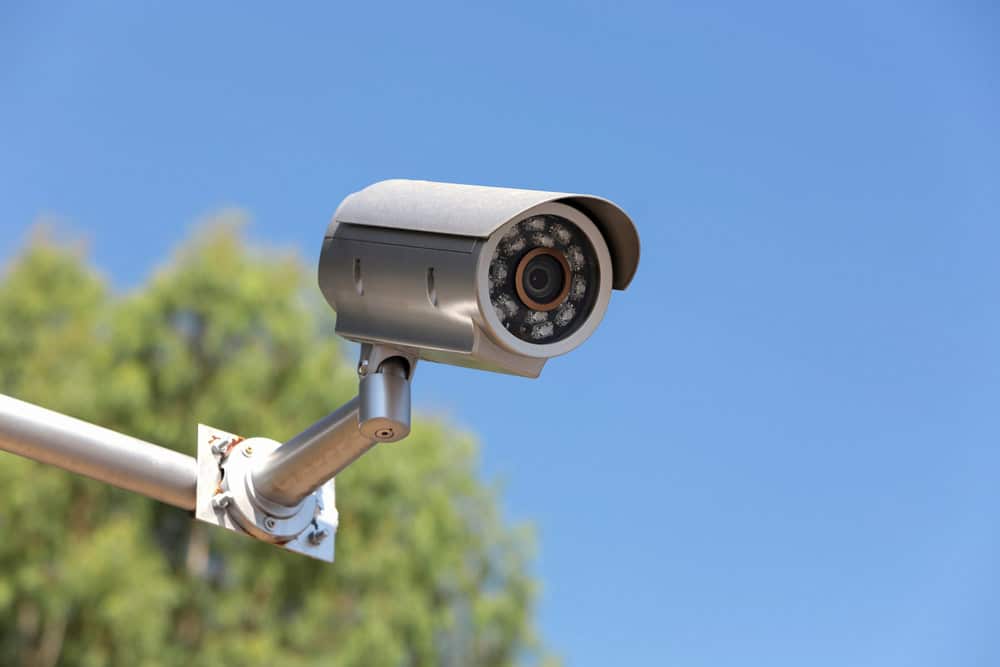
Conclusion
CCTV systems that rely on wireless communication, this approach raises significant legal, ethical, and safety concerns. Because they impair wireless services like emergency communications and public safety networks, signal jammers are forbidden. Jamming valid technology can harm public safety, cause unforeseen consequences, and be illegal.
If you have concerns about CCTV systems or their impact on your privacy, it is recommended to address these concerns through legal and appropriate means. Engaging in open communication with property owners, authorities, or legal professionals is a more responsible jammer camera approach to resolving issues related to surveillance and privacy. Ultimately, respecting laws and regulations, as well as promoting ethical behavior, ensures a safer and more harmonious technological landscape for everyone.
Also consider the ethical concerns of purposely sabotaging surveillance systems. Respecting property rights and following the law is necessary to balance privacy and security concerns. Communication with relevant parties and promotion of responsible technology can lead to more productive and legal solutions.



